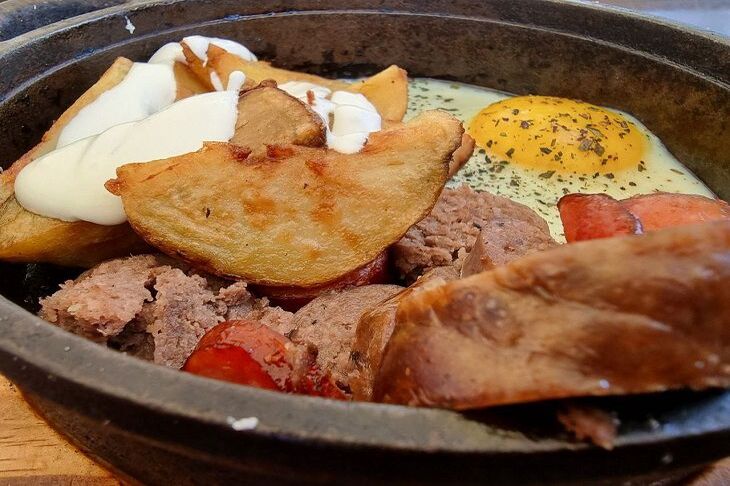Why Eating Yesterday's Food Is Harmful: Unexpected Risks and Hidden Threats
Yesterday's food may seem like a harmless option, especially when there is no time to cook.
However, this decision carries certain health risks.
Improper storage, reheating and bacterial growth can significantly affect the quality of food and cause unpleasant consequences.
Bacterial development during food storage
One of the main factors affecting the safety of yesterday's food is the development of bacteria.
Foods stored in the refrigerator for more than a day can become a breeding ground for microorganisms, especially if they have not been properly cooled.

Meat, dairy products and dishes containing egg ingredients are especially prone to rapid bacterial growth.
Often, even reheating does not destroy all potential pathogens such as salmonella or E. coli.
Deterioration of nutritional value
Storing food can not only increase the number of bacteria, but also lead to loss of nutritional properties. Vitamins and minerals are destroyed by prolonged storage and reheating.
Vegetables, for example, lose their antioxidants, which reduces their usefulness to the body.
Thus, instead of eating wholesome foods, a person receives dishes with minimal nutritional value.
Harm from reheating
Reheating food can negatively affect its texture and taste. Some foods, such as potatoes or rice, become potentially dangerous after reheating.
For example, rice, if stored and reheated incorrectly, can become a source of Bacillus cereus bacteria, which cause food poisoning.
Potatoes that have been lying on the table for a long time can also become a favorable environment for the development of dangerous microorganisms.
Uneven heating of food
Microwaves, which are often used to reheat food, do not always provide even heat distribution.
This results in some areas of the food remaining cold, allowing bacteria to survive.
Foods such as meat, chicken, or fish are especially dangerous if they are not heated to the correct temperature. Such leftovers can cause serious food poisoning.
Fat oxidation
Some foods, especially those containing large amounts of fat, undergo oxidation during long-term storage.
Fats begin to break down, leading to the formation of free radicals.
They have a negative impact on the body, contributing to cell aging and the development of chronic diseases.
Particular attention should be paid to dishes containing oils or nuts, as they begin to oxidize faster than others.
How to avoid risks
To minimize the risks associated with eating yesterday's food, it is important to follow a few simple rules.
Food should be stored in airtight containers and refrigerated as quickly as possible after preparation.
It is recommended to reheat food to a temperature of at least 75 degrees to destroy all possible bacteria.
